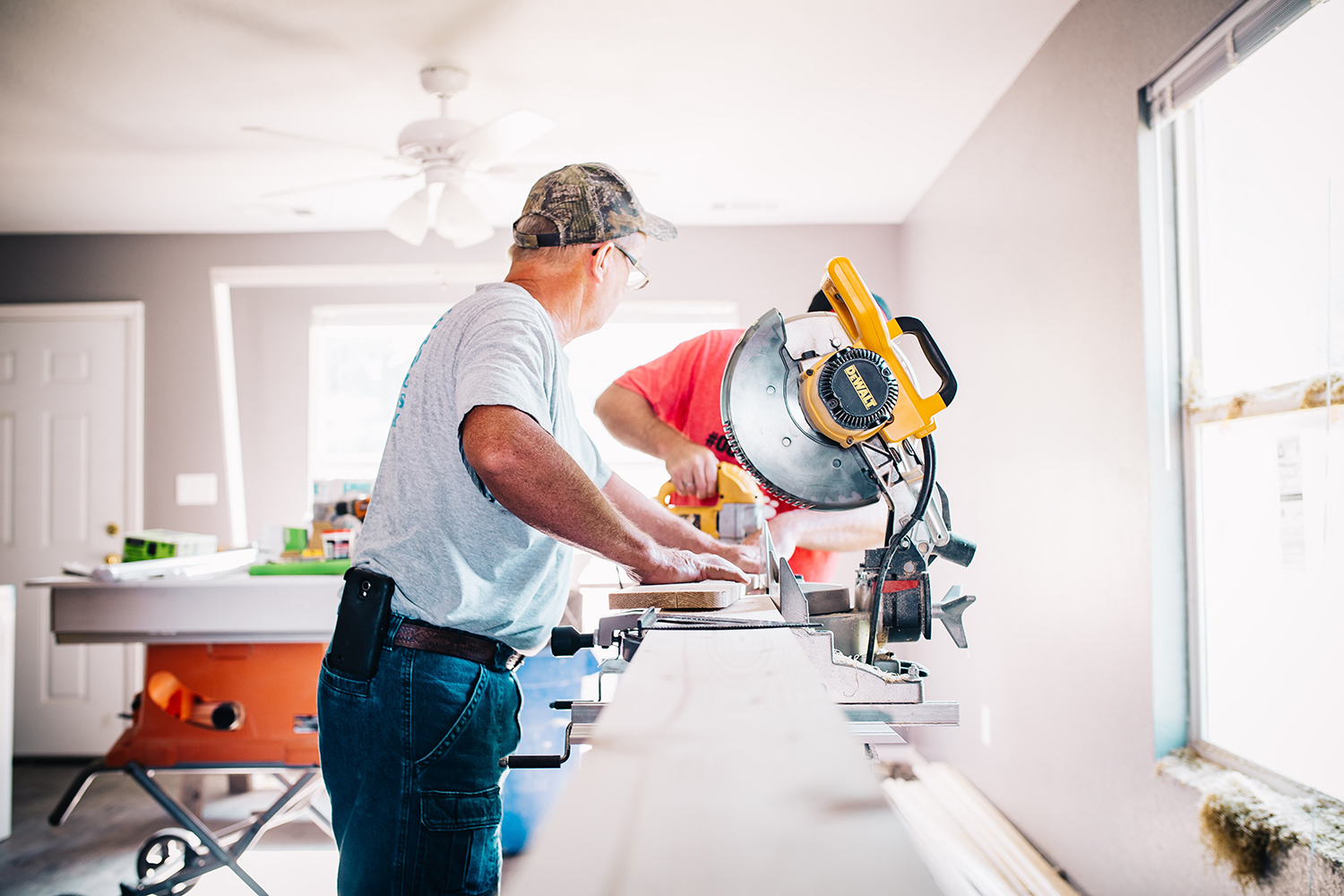Winning Bid: Expert Strategies for House Auction Success buying a home through an auction is an exhilarating experience, but it’s also one that requires a great deal of strategy, preparation, and knowledge. For prospective homeowners and investors alike, house auctions present a unique opportunity to acquire property at a competitive price. However, to truly succeed and secure the property you desire, it’s essential to understand the intricacies of the process. A well-thought-out approach, combined with bidding strategies for house auctions, can make the difference between winning your dream home and walking away empty-handed.
This guide will delve into expert strategies that will give you the edge at a house auction, from pre-auction preparation to mastering the art of the bid itself. Whether you’re a first-time buyer or a seasoned investor, these strategies will equip you with the knowledge you need to navigate the sometimes unpredictable world of house auctions.

1. Understand the Auction Process Thoroughly
Before diving into bidding strategies for house auctions, it’s crucial to understand how house auctions operate. House auctions are usually conducted by a professional auctioneer, either in person or online, and the property is sold to the highest bidder. The auction process is fast-paced and often charged with emotion, making it easy to get swept up in the excitement.
In a typical auction, bidders make offers for the property, and the auctioneer calls for bids. The process continues until no further bids are made, and the highest bid is accepted. Auctions are usually “no reserve,” meaning the property is sold to the highest bidder regardless of the final price, though some auctions may have reserve prices.
Before participating in an auction, familiarize yourself with the specific rules and regulations that apply to the event. Each auction house may have different terms, so read the fine print carefully. Understanding the auction timeline, the property’s condition, and the bidding process itself can give you a significant advantage.
2. Conduct Thorough Research on the Property
One of the most vital elements of any successful bid is understanding the property you’re bidding on. Before you even think about bidding strategies for house auctions, conduct a detailed inspection and gather as much information as possible about the home.
Here’s what you should investigate:
- Property condition: Check for any structural issues, plumbing, electrical systems, and overall maintenance. Auction properties are often sold “as-is,” meaning you can’t ask the seller for repairs after winning the bid.
- Legal considerations: Ensure there are no outstanding debts or legal disputes tied to the property, such as unpaid taxes or property liens. Speak with a lawyer or a real estate professional to verify that the property’s title is clear.
- Market value: Research recent sales of similar properties in the area. Understanding the property’s true market value can prevent you from overbidding and help you stay within your budget.
- Auction history: If the property has been auctioned before, look at the history of the bidding process. This can give you insight into how much demand there is for the property.
The more informed you are about the property, the better equipped you will be to formulate your bidding strategies for house auctions and avoid costly mistakes.
3. Set a Realistic Budget and Stick to It
One of the most essential rules of bidding strategies for house auctions is to establish a firm budget before you even set foot in the auction room (or log in online). It’s easy to get swept up in the competitive atmosphere of an auction, but bidding beyond your financial means can lead to regret and financial strain.
When determining your budget, take into account:
- Maximum bid price: Determine the absolute maximum amount you’re willing to spend, and do not exceed it under any circumstances. Remember, the price you pay at auction is typically final—there are no negotiations after the auction has closed.
- Additional costs: Factor in other costs associated with purchasing a property, such as taxes, registration fees, insurance, renovations, and repairs. These can add up quickly, so make sure your budget covers all potential expenses.
- Financing: Auctions usually require payment within a short period after winning the bid, often 30 days. Ensure you have your financing in place before bidding—whether through pre-approved loans, personal savings, or other means.
By setting a realistic budget, you avoid the risk of getting carried away and ensure you don’t overextend yourself financially.
4. Master the Art of Timing
One key aspect of bidding strategies for house auctions is understanding when to make your move. In many cases, auctions are not won with an early bid but rather with a calculated timing approach. Here’s how to time your bids effectively:
- Wait until the last moment: Bidding early may alert others to your interest and drive up the price. Instead, consider waiting until the last few seconds of the auction to place your bid. This strategy, known as “sniping,” can help prevent other bidders from responding quickly enough to outbid you.
- Evaluate the competition: Monitor the other bidders and assess their behavior. If you notice hesitation or uncertainty, you may be able to make a strong bid that forces them to back off. On the other hand, if a bidder seems determined, it might be wise to wait until you’re certain about your maximum bid.
- Stay calm under pressure: Auctions are designed to create urgency and excitement, but staying calm and measured can help you make more informed decisions. A sudden rush of adrenaline may lead to impulsive bidding that exceeds your budget or strategy.
Knowing when to enter the bidding fray is as important as the bid itself.
5. Bid Smart with Incremental Steps
In a typical house auction, the auctioneer will call for incremental bids. While it might be tempting to jump straight to a high offer, consider a more calculated, incremental approach. Incremental bidding can help you gauge the competition and avoid a bidding war that drives the price up unnecessarily.
Here’s how you can approach incremental bidding:
- Start small: Begin with the smallest allowable bid to test the waters. This will allow you to gauge interest in the property without committing too much too soon.
- Observe other bidders: Watch for patterns in the other bidders’ behavior. If they seem to hesitate after a small bid, you can raise your bid slightly and put pressure on them. Conversely, if they are consistently placing high bids, you may need to raise your bid more aggressively.
- Limit sudden jumps: Large, sudden jumps can cause other bidders to get nervous and abandon the auction, but they can also make you appear desperate. Stick to small, consistent increases that reflect your budget and strategy.
Incremental bidding can help you stay within your budget while still presenting a competitive front.
6. Keep Emotions in Check
House auctions can be a rollercoaster of emotions—excitement, frustration, hope, and anxiety. But letting emotions dictate your bidding strategies for house auctions can lead to disastrous results. The key is to remain calm, objective, and focused throughout the process.
Here’s how you can manage your emotions during the auction:
- Don’t take it personally: If another bidder outbids you, don’t take it as a personal failure. It’s simply part of the process. Keep your focus on your goals and your budget.
- Be prepared to walk away: Know when to cut your losses and walk away. If the price exceeds your budget or if you feel the property isn’t worth the bid, it’s okay to let go. There will always be other opportunities.
- Stay disciplined: Stick to your pre-determined strategy and avoid impulsive decisions. Trust your preparation, and avoid getting swept up in the excitement of the moment.
By controlling your emotions, you can make more rational decisions that align with your goals.
7. Know Your Auctioneer’s Style
Understanding the auctioneer’s style and pace can provide insight into how the bidding will unfold. Some auctioneers are faster and more aggressive, while others take a slower, methodical approach. Knowing their rhythm will help you anticipate when the bids will increase, allowing you to make your move at the optimal moment.
If the auctioneer is experienced, they may use certain phrases or tactics to gauge the room’s interest or push the price higher. Pay attention to these subtle cues to adjust your bidding strategy accordingly.
8. Post-Auction Considerations
Once the hammer falls and you’ve won the bid, the real work begins. Understanding the post-auction process is vital to successfully closing on the property. Auctions typically require a quick settlement, so you must be prepared to meet the financial and legal obligations.
- Deposit: A deposit is usually required immediately after winning the bid, often 10% of the sale price. Make sure you have the necessary funds readily available.
- Closing period: You’ll have a set period, often 30 days, to complete the purchase. Ensure your financing and paperwork are ready to meet the deadline.
- Inspection and paperwork: Once the auction is complete, schedule a final inspection of the property and ensure all legal documents are in order.
Mastering the post-auction process will help ensure a smooth transition from winning the bid to officially becoming the property owner.
Success at a house auction doesn’t just come down to luck or being the highest bidder. It’s about employing smart, well-crafted bidding strategies for house auctions that allow you to stay calm, controlled, and calculated. By researching the property, setting a clear budget, mastering your timing, and bidding incrementally, you increase your chances of winning while avoiding the pitfalls of overspending or emotional decision-making.
Remember, auctions are competitive, but with the right preparation and strategy, you can secure the property of your dreams without overextending yourself. Good luck, and happy bidding!







